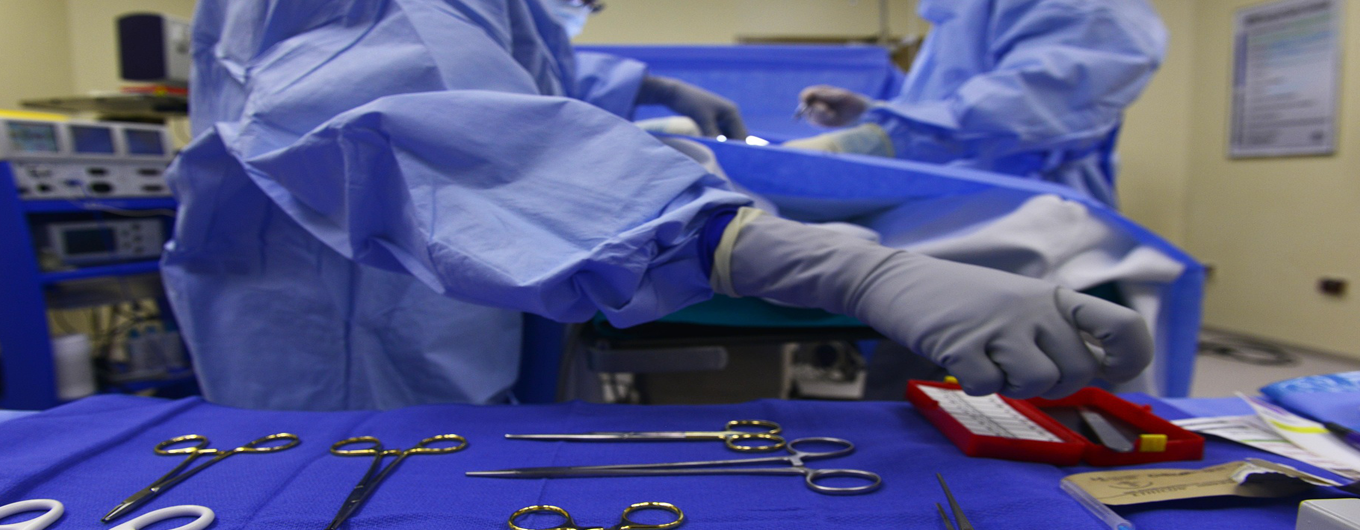
By: Barrie Quappé RN, BSN – Consultant/Director
Safety in any industry is an ongoing challenge. To achieve ever improving safety in health care requires balanced research, tenacity and dedication to safe health care. That, I believe, is a goal that all persons, no matter what job level or social status – wholeheartedly support.
Cayman’s advantage is that being a relatively small community, we can make the necessary changes fairly quickly and achieve ever improving safety levels. In fact, with a little surfing of the net, resources abound all around us. From the USA is the National Quality Forum [‘NQF’] whose work is all about defining and updating ‘Safe Practice’. Here’s why they do this:
“Medical errors and unsafe care harm and kill tens of thousands of Americans each year. The facts are alarming: approximately two million healthcare-associated infections occur annually in the United States, accounting for an estimated 90,000 deaths and more than $4.5 billion in hospital healthcare costs. Unplanned, often preventable, hospital admissions and readmissions cost Medicare and the private sector billions of dollars each year and take a significant toll on patients and families, who suffer from prolonged illness or pain, emotional distress, and loss of productivity.”
As a result, the National Quality Strategy has made making care safer a national priority, focusing on three goals:
- Reduce preventable hospital admissions and re-admissions.
- Reduce the incidence of adverse healthcare-associated conditions.
- Reduce harm from inappropriate or unnecessary care. (Anon., 2015)
In the Cayman context, our Public Health Department tracks infectious diseases, administers care for HIV/AIDS and provides continuous surveillance of newly diagnosed cases. Our vaccination programme I second to none and compliance is extremely high. What is less well known is when things go wrong.
Edwin wrote that:
“Errare Humanum est: ‘to err is human is a well-known saying that captures the fallibility of human beings. Humans are fallible and as such they will make mistakes in their lives and work be they builders, bankers or doctors.” (Edwin, 2009)
He goes on to ask:
“Once they occur though, what should be the attitude of the medical profession? Should it be to withhold such information from patients since ‘what they don’t know won’t hurt them’ or should such information be honestly disclosed to patients and the appropriate measures taken to redress and prevent any such errors in the future?”
In the Cayman context do you know what is done? Probably not. Unfortunately, no-one thinks about hospitals or health care until they need it. It is not a topic on the top of the list of any political campaign and not a concern until you or a loved one is adversely affected. Therein lies the opportunity. We can improve on this if we want to. Help is all around us, research is active on that and all it takes is a desire of a large enough group of people to insist that this is improved. Hospital borne pathogens, medical errors, overdoses of medications, all of these can and do happen and we can make Cayman’s healthcare safer.
Contact Us Today!
Relevant Links
- Anonymous, 2015, Patient Safety, National Quality Forum: http://www.qualityforum.org/Topics/Patient_Safety.aspx
- Edwin, A.K. (2009) ‘Non-Disclosure of Medical Errors an Egregious Violation of Ethical Principles’, Ghana Medical Journa: http://www.ncbi.nlm.nih.gov/pmc/articles/PMC2709172/
